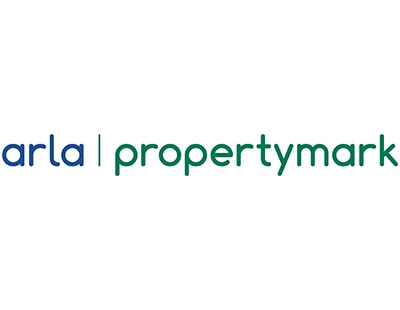
A prominent lettings agency operator says he hopes the “toxic” attitude to the private rental sector by the Scottish Government may now change.
David Alexander, the chief executive officer of DJ Alexander Scotland - part of Lomond - expressed the hope after news broke that the architects of Scottish rent controls - the Green Party - was no longer in a power-sharing deal with the Scottish National Party.
Alexander says: “The departure of the Greens from the Scottish Government will hopefully allow for a reset of their policy on housing. The last couple of years have seen a toxic atmosphere with policies designed to negatively impact on the private rented sector, completely unrealistic targets for boiler replacement in homes, and an approach that was not inclusive, consultative, or constructive.
“I would hope that we can rebuild relations and restart discussions on the future of the housing sector and build a consensus which accurately reflects the needs of Scots now and in the future. We need more homes for buyers, and for tenants in the social and private rented sectors, and we need to ensure that everyone is engaged in providing sufficient homes in the coming years.”
The drive to introduce rent controls, along with a much more aggressively anti-landlord approach in Scotland, was led by Scottish Green co-leader and housing minister Patrick Harvie.
He introduced a rent cap and other controls in 2022.
The 2022 Cost of Living (Tenant Protection) (Scotland) Act implemented a rent cap originally set at 0 per cent before going up to 3.0 per cent. Scottish ministers then voted to extend the powers available to them until September 30 2023, and again until March 31 this year.
From April 1 - just over three weeks ago - the cap was changed to become effectively a permanent feature.
A complicated rent adjudication process was introduced meaning increases had to be based on one of the following three comparators: 1. Open market rent; 2. A landlord’s proposed rental increase; or 3. A new taper calculation that will specify a maximum ‘reasonable’ increase for that tenancy.
The irony is that rent rises in Scotland were amongst the highest in the UK during Harvie’s reign, as landlords sought to recoup extra costs through increases levied in between tenancies.













%20-%20IMAGE%20Client%20Accounting%20%E2%80%93%20what%20are%20your%20options.jpg)
.png)


.jpg)








Join the conversation
Be the first to comment (please use the comment box below)
Please login to comment